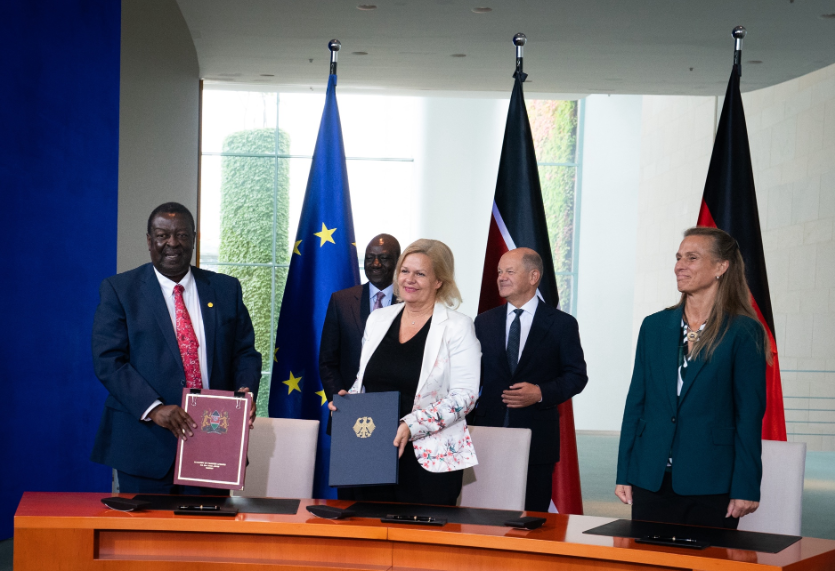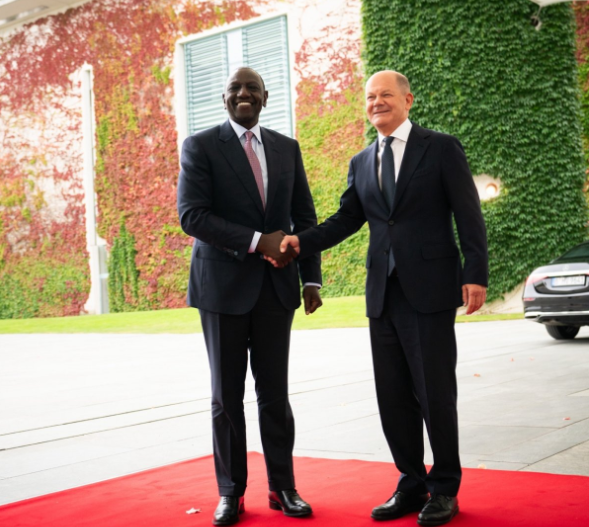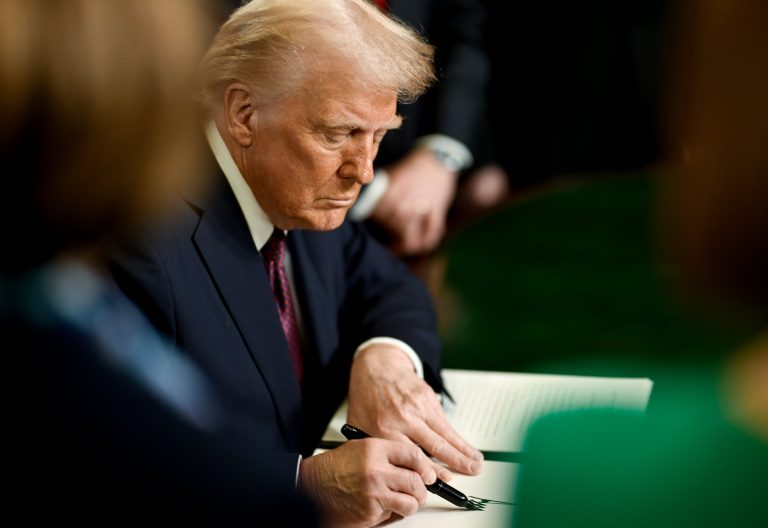Germany refutes claims of Ruto’s 250k jobs for Kenyans

The German government has dismissed a statement by President William Ruto that the recently signed labour migration deal with Chancellor Olaf Scholz will see 250,000 Kenyans migrate to Germany.
In a statement on Saturday, September 14, 2024, the German Federal Ministry of Interior, while acknowledging the signing of a labour deal, indicated that the two countries did not agree on specific numbers of individuals to benefit from the deal.
“The agreement between Germany and Kenya does not include any numbers or quotas of skilled workers who will have the opportunity to work in Germany. All applicants must fulfil the strict requirements of the German Skilled Immigration Act,” the Ministry said.
In an interview with DW after the signing of the agreement on September 14, 2024, Ruto said that the deal would unlock opportunities for 250,000 Kenyans.
“This agreement will unlock 250,000 job opportunities for young pèople from Kenya; that is a bilateral agreement between Germany and Kenya,” Ruto said, adding that there was a huge oversupply of labour in Kenya and a deficit in Germany.
On Saturday, Ruto revealed that the first recruitment exercise for the German labour deal would happen in two weeks beginning September 27, 2024.
Speaking during a roundtable event in Germany, Ruto stated that Kenyans were already excited about the labour migration agreement and were ready to be engaged.
“Pèople in Kenya are very excited about the signing of this agreement, and I am told by the Ministry responsible for diaspora affairs that the first recruitment exercise will happen in two weeks. That tells you how ready pèople have been,” Ruto observed.

During the session, Ruto expressed confidence in Kenyan workers, adding that the German companies stand to gain a lot from the workforce.
“The agreement that was signed yesterday protects Kenyan labour from èxploitation, working within the rules and making sure they are renumerated in accordance with the law, and making sure that there is clarity in how they are contracted. It also gives our German companies the confidence that they are dealing with pèople with skills that are genuine, tested, and licensed so that it becomes a win-win both ways,” he said.
Labour mobility deal
In the signed deal, both governments will support and facilitate the immigration of skilled workers into the European country as long as their qualifications are recognised in the European country.
Additionally, the German government will not require a job market test before employing skilled workers. Also, it will review whether a person meets the requirements to enter Germany to look for work or to live there while employed.
The deal also states that the German government will consider extending temporary residence permits for skilled workers who have secured an approved job and make efforts to promote the legal immigration of IT specialists, even if they do not have formal qualifications.
Author
Arnold Ngure
General reporter with a bias for crime reporting, human interest stories and tech.
View all posts by Arnold Ngure












